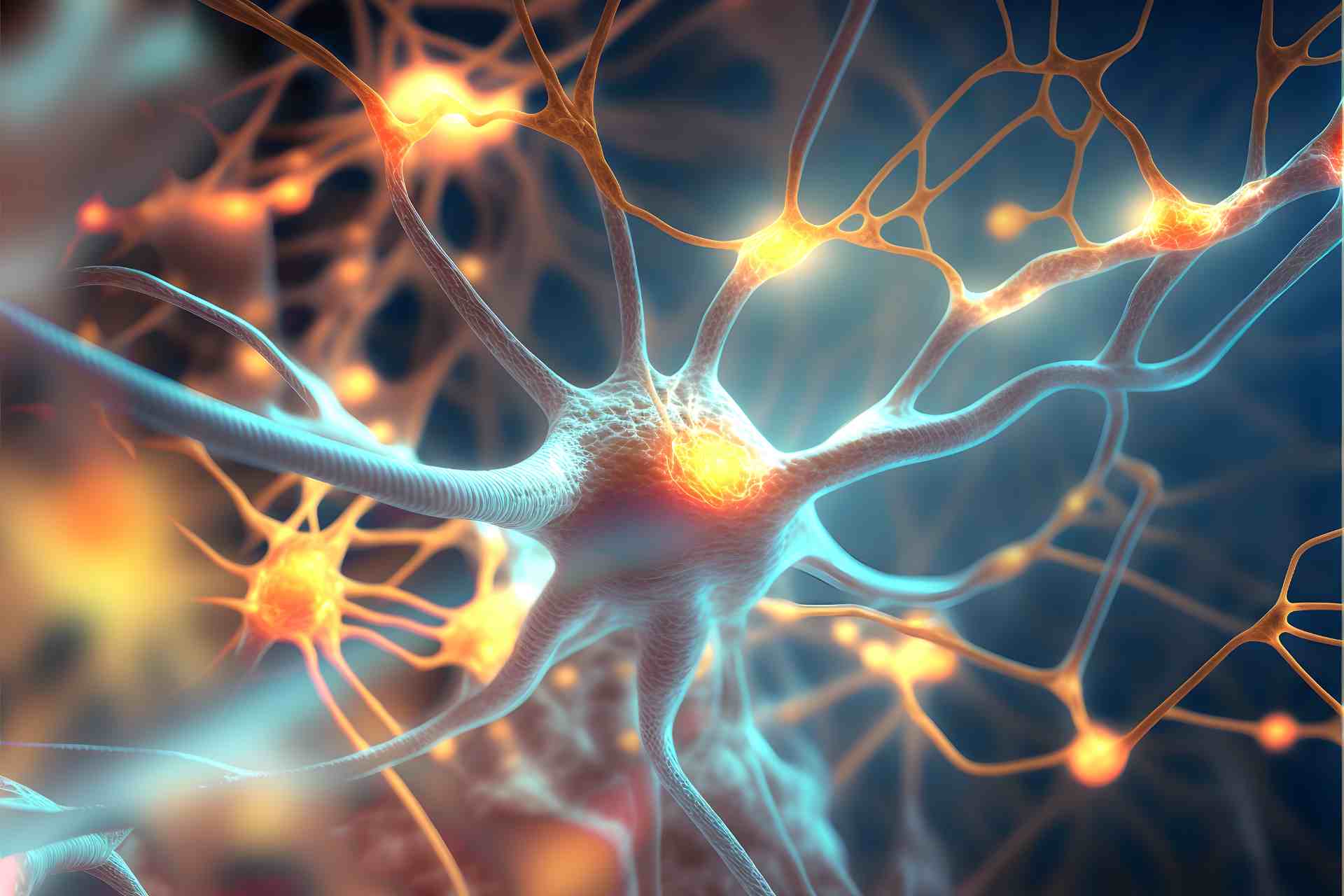What is already known
Gut microbes have recently been implicated in neurodegeneration, but how these bacteria contribute to brain inflammation and degeneration is poorly understood.
What this research adds
Working in a mouse model of Alzheimer’s disease, researchers found that gut bacteria producing short chain fatty acids can activate immune cells that trigger brain inflammation and exacerbate neurodegeneration. Germ-free mice and mice treated with antibiotics showed reduced signs of neurodegeneration compared with controls.
Conclusions
The findings may inform strategies to modulate the gut microbiota as a way to prevent or treat neurodegeneration.
Gut microbes have recently been implicated in neurodegeneration, but how these bacteria contribute to brain inflammation and degeneration is poorly understood. A new study shows that gut bacteria are able to activate immune cells that can damage brain tissue and exacerbate neurodegeneration in a mouse model of Alzheimer’s disease.
The findings, published in Science, may inform strategies to modulate the gut microbiota as a way to prevent or treat neurodegeneration.
Neurodegenerative conditions such as Alzheimer’s disease are characterized by the accumulation of a protein called tau. Brain inflammation caused by another protein known as apolipoprotein E (ApoE) is involved in the progression of tau-mediated neurodegeneration, and studies have suggested that the gut microbiota regulates brain inflammation in mice expressing a genetic variant of ApoE that is the largest known genetic risk factor for Alzheimer’s disease. However, it’s unclear whether there’s a causal link between gut bacteria and neurodegeneration.
David Holtzman at Washington University in St. Louis and his colleagues used a mouse model of Alzheimer’s disease to investigate whether, and how, gut microbes can influence tau-mediated neurodegeneration.
Microbiota-mediated neurodegeneration
The mice were genetically engineered to express a mutant form of tau, and they carried a variant of the human ApoE gene that is implicated in Alzheimer’s disease. The animals were raised either under germ-free conditions or in a conventional way.
At 40 weeks of age, conventional mice showed signs of neurodegeneration, such as the shrinking of some brain areas. However, the brains of germ-free mice showed much less damage than the brains of mice with a normal microbiota, the researchers found.
Male mice treated with antibiotics at two weeks of age also showed a reduced amount of brain damage compared to controls. But antibiotic treatment didn’t appear to reduce neurodegeneration in female mice.
“We already know, from studies of brain tumors, normal brain development and related topics, that immune cells in male and female brains respond very differently to stimuli,” Holtzman says. “So it’s not terribly surprising that when we manipulated the microbiome we saw a sex difference in response, although it is hard to say what exactly this means for men and women living with Alzheimer’s disease and related disorders.”
Brain inflammation
Next, the team set out to investigate how gut bacteria affect neurodegeneration. They found that bacterial strains associated with the production of short-chain fatty acids can activate immune cells that trigger brain inflammation and exacerbate neurodegeneration.
The fatty acids acetate, propionate and butyrate were reduced in mice treated with antibiotics and undetectable in germ-free mice. Providing germ-free mice with these fatty acids in drinking water resulted in an increased activity of brain immune cells and signs of neurodegeneration.
“This study may offer important insights into how the microbiome influences tau-mediated neurodegeneration, and suggests therapies that alter gut microbes may affect the onset or progression of neurodegenerative disorders,” says study co-author Linda McGavern.
Holtzman adds that if researchers could modulate the microbiota of the Alzheimer’s mouse model before the animals show signs of neurodegeneration, and prevent neurodegeneration from happening, “that could be the kind of thing we could test in people.”











